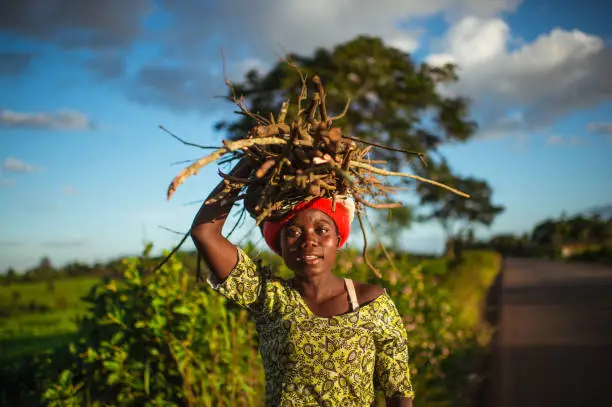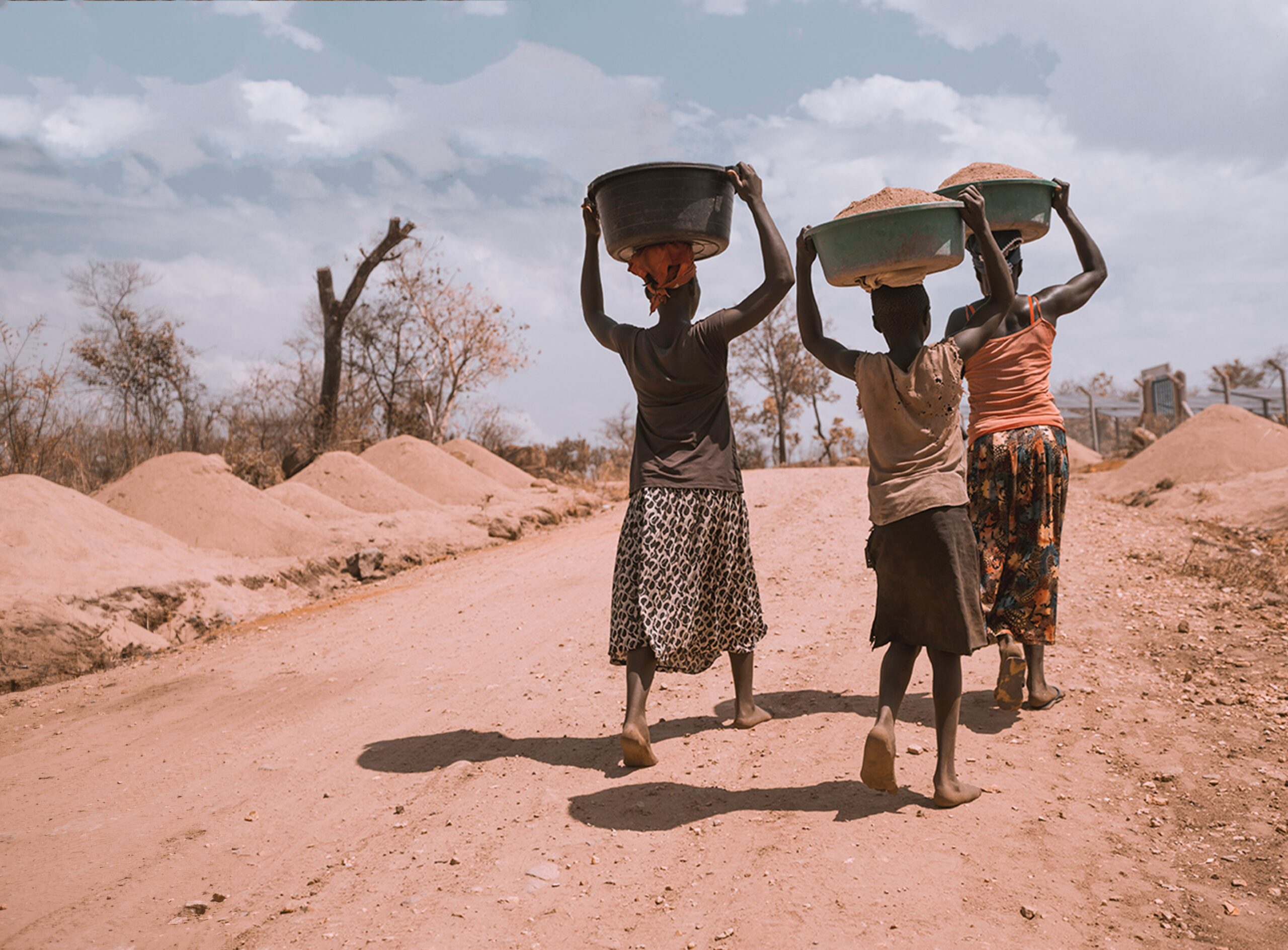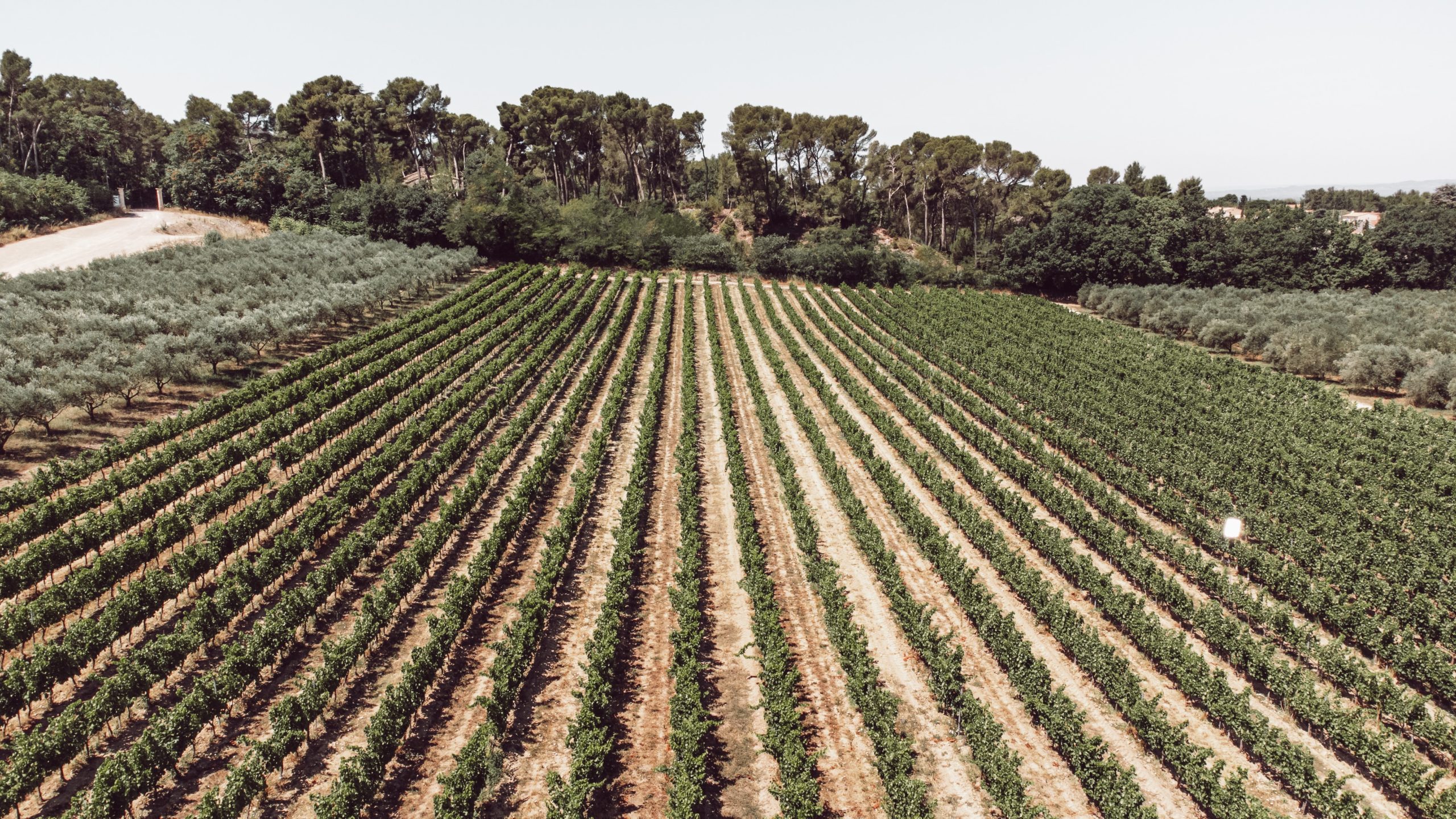The agricultural sector of Senegal is a key contributor to the nation’s economy and is an essential part of the livelihood of many of its citizens. It is estimated that over 70% of the population is employed in the agricultural sector, and it generates around 30% of the country’s Gross Domestic Product (GDP). This sector is both diverse and productive, with a wide range of crops and livestock being raised.

Senegal’s agricultural sector is an important source of food for the nation. The sector also provides employment opportunities for many of the country’s citizens, and it is estimated that over 70% of the population is employed in the farming sector. To learn about the types, steps, and benefits of starting a farming venture in Senegal, keep reading this article.
Establishing a farm
Farming is an essential part of the Senegalese economy, and starting a farming business in the country is a great opportunity for entrepreneurs. The country has implemented several initiatives to support the agronomic sector, such as providing subsidies and grants to farmers and creating farming cooperatives to help farmers access resources and markets. Additionally, the authorities provide technical assistance to help farmers increase their productivity and profitability. Before we get into the ways you can start a farming venture, let’s take a look at the types of farming businesses in Senegal.
Types of agri-business
There are a variety of agrarian businesses in Senegal, each of which has a unique role in the country’s economy.
Crop production
One type of agricultural business is crop production. This includes the growing of various types of crops, such as rice, millet, sorghum, and maize. Crop production is an important source of income for many farmers in Senegal, and it is also a major contributor to the country’s food security.
Livestock
Livestock production is another type of agricultural business in the country. This includes the raising of animals such as cattle, sheep, and goats. Livestock production is an important source of income for many farmers in Senegal, and it is also an important source of food for the country’s citizens.
Processing and marketing
Finally, there are also agronomic businesses that focus on the processing and marketing of agricultural products. These businesses include processing facilities for various types of crops, as well as marketing and distribution networks for agricultural products. These businesses are essential for ensuring that agricultural products from the nation reach their intended markets.
Essential steps to agriculture
Here are the steps to get started on the path to success:
Research the local market
It is important to understand the local market and the needs of the people in the nation. Research the types of crops that are in demand, the prices they are sold for, and the competition in the area.
Develop a business plan
Create a comprehensive business plan that outlines the goals and objectives of the business, the resources needed to achieve them, and the strategies to be used. The business plan must contain your financial strategies, marketing methods, and the future expectations of your business.
Choose the crop
Choose the crop you want to harvest. The country is known for its production of rice, cotton, groundnuts, millet, corn, and sorghum. Rice is the most important crop, and it is grown in the lowlands of the River Valley. Groundnuts, millet, corn, and sorghum are grown in the Sahel region of the nation. These crops are essential to the local economy, providing food and income to many of the country’s citizens.
Obtain licenses
To farm in the nation, one must obtain an agronomic license. There are two types of agricultural licenses available in Senegal: a commercial license and a subsistence license. A commercial license is required for those who wish to engage in large-scale farming, while a subsistence license is necessary for small-scale farming. Both licenses require the payment of a fee, and the applicant must provide proof of ownership of the land they wish to farm on.
Choose the right location
Select a location that is suitable for growing crops and is close to the local market. The city of Thiès is the ideal location for farming in the country due to its ideal climate and soil conditions. The city is located in the Thiès Region, which is known for its rich soil and temperate climate. This makes it the perfect place for growing a variety of crops, from grains to fruits and vegetables. The city also has access to plenty of water, making it an ideal place for irrigation.
Acquire the necessary equipment
Purchase the necessary equipment to get started, such as tractors, plows, and irrigation systems. Additionally, access to irrigation, fertilizers, and other agricultural inputs is necessary for successful crop production. Finally, access to storage and transportation for crops is also essential for farmers to be able to sell their produce in the market.
After you’ve completed all of these steps, you can begin harvesting and marketing your products. To run your business efficiently, you should also learn about local farming laws and register with authorities.
You may also find these articles helpful
Advantages of registering a company in Slovenia
Advantages of registering a company in Spain
Advantages of registering a company in Serbia





